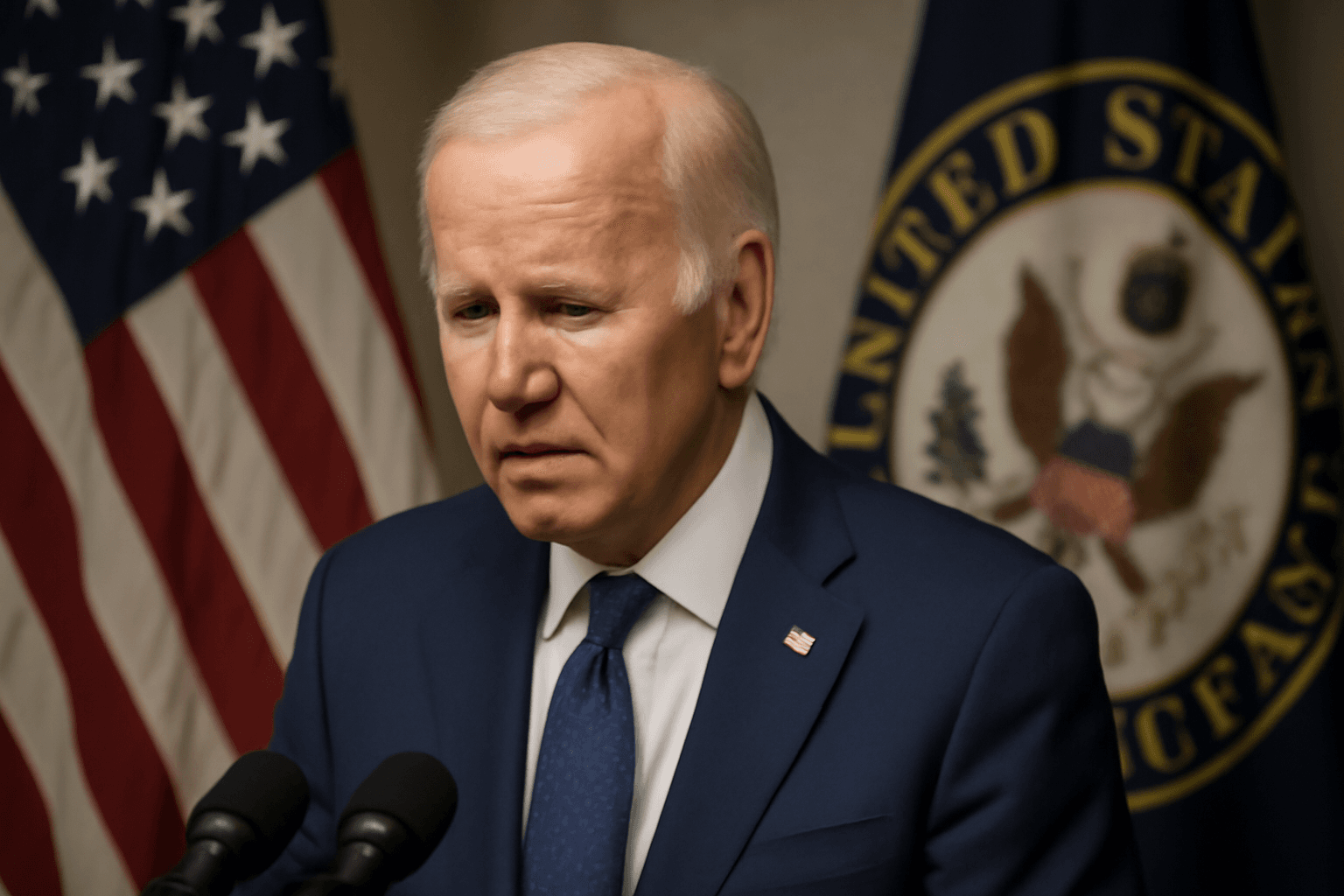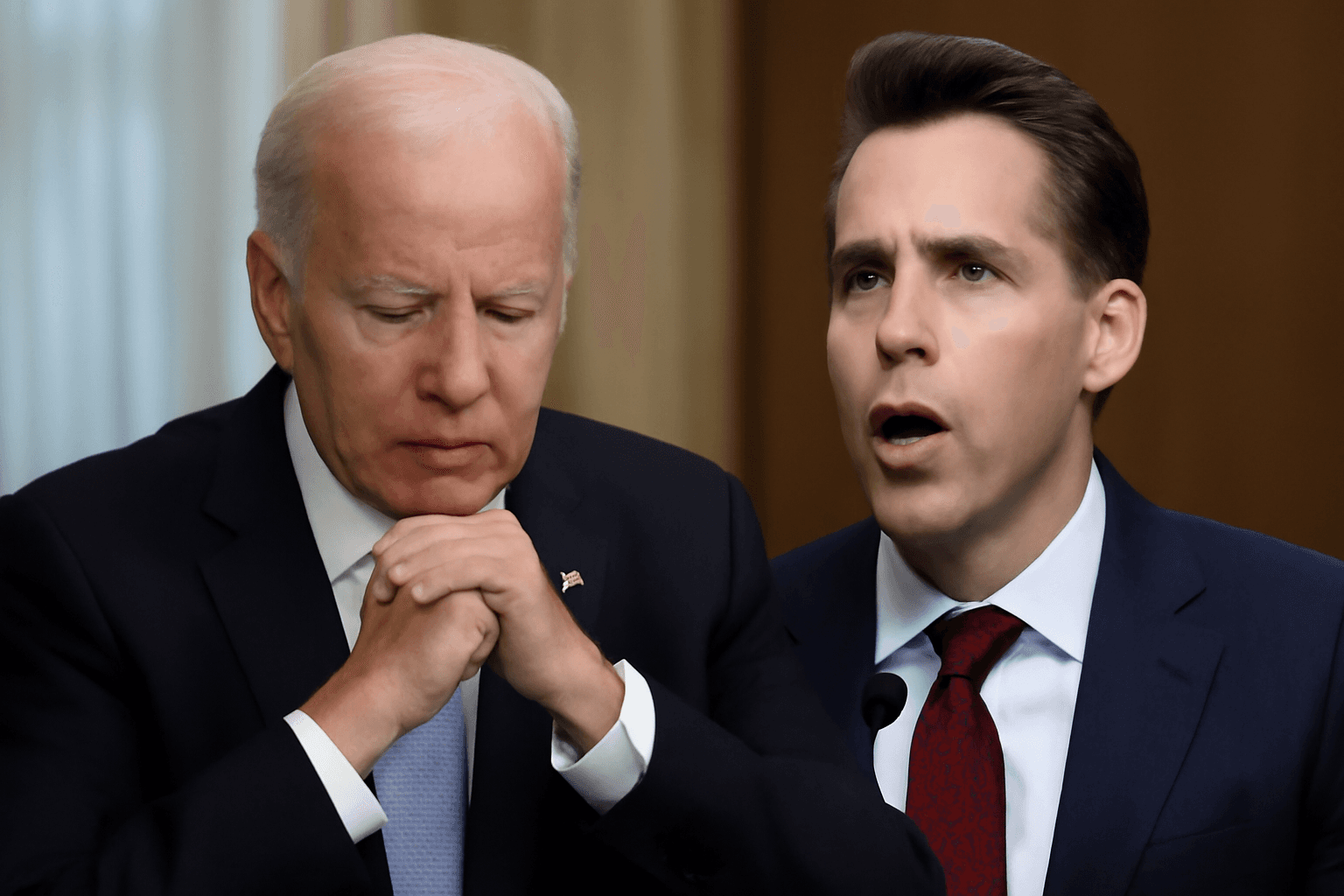Curtis Yarvin: The Controversial Blogger Shaping Trump’s Policy Vision
Curtis Yarvin, known by his pen name Mencius Moldbug, has emerged as an influential figure behind the policy direction for a potential second term of Donald Trump. Once a fringe political blogger advocating for autocratic governance over liberal democracy, Yarvin’s ideas have gained traction among key Trump allies, notably venture capitalist Peter Thiel and Republican vice-presidential nominee JD Vance.
From Fringe Theories to Policy Proposals
Yarvin’s writings advocate for a radical overhaul of the federal bureaucracy and a significant reduction in the influence of career civil servants, whom he and now some Trump supporters view as part of a resistant "deep state." This has translated into policy blueprints calling for mass firings and replacement of federal employees with loyalists, echoing Trump's well-known slogan to "drain the swamp."
One of the more provocative proposals inspired by Yarvin’s vision includes reshaping geopolitical conflicts in West Asia through direct, top-down intervention. A notable example is the concept of transforming Gaza into a prosperous zone, described metaphorically as the "Riviera of the Middle East." This plan aligns with Yarvin’s strategy of resolving entrenched regional conflicts via heavy-handed development schemes rather than traditional diplomatic frameworks.
Intellectual Endorsement within the Trump Camp
Peter Thiel and JD Vance are considered central figures endorsing Yarvin’s ideas, guiding the intellectual and strategic direction for a possible Trump second term. Their support has elevated Yarvin’s concepts from obscure online forums into mainstream conservative policy discussions.
Implications for US Governance
This trend represents a broader shift within conservative politics, where far-right intellectuals and online theorists increasingly influence policy formulation. While advocates laud Yarvin’s approach as a necessary measure to streamline government and reclaim power from entrenched bureaucracies, critics warn that such radical ideas risk undermining constitutional principles and democratic accountability.
Key Takeaways:
- Curtis Yarvin’s autocratic proposals are shaping Trump’s strategy for federal administration reform.
- There is growing momentum among influential conservatives to purge career bureaucrats in favor of loyal allies.
- Yarvin’s ideas include ambitious and unconventional geopolitical plans, such as transforming Gaza.
- The influence of far-right intellectuals in American politics is expanding into policy development.
- Debates continue over the balance between government efficiency and preserving democratic norms.
Future Outlook
If Donald Trump secures a second term, Yarvin’s frameworks could significantly influence the direction of the US government, marking a departure from longstanding democratic traditions. This development underscores the evolving ideological landscape within American conservatism and its potential impact on governance.



















